
tech pioneers in the making
Revolution Robotics dreamt of using IoT to make educational robotics more accessible to kids all around the world. We designed and developed their application to guide them on this journey.
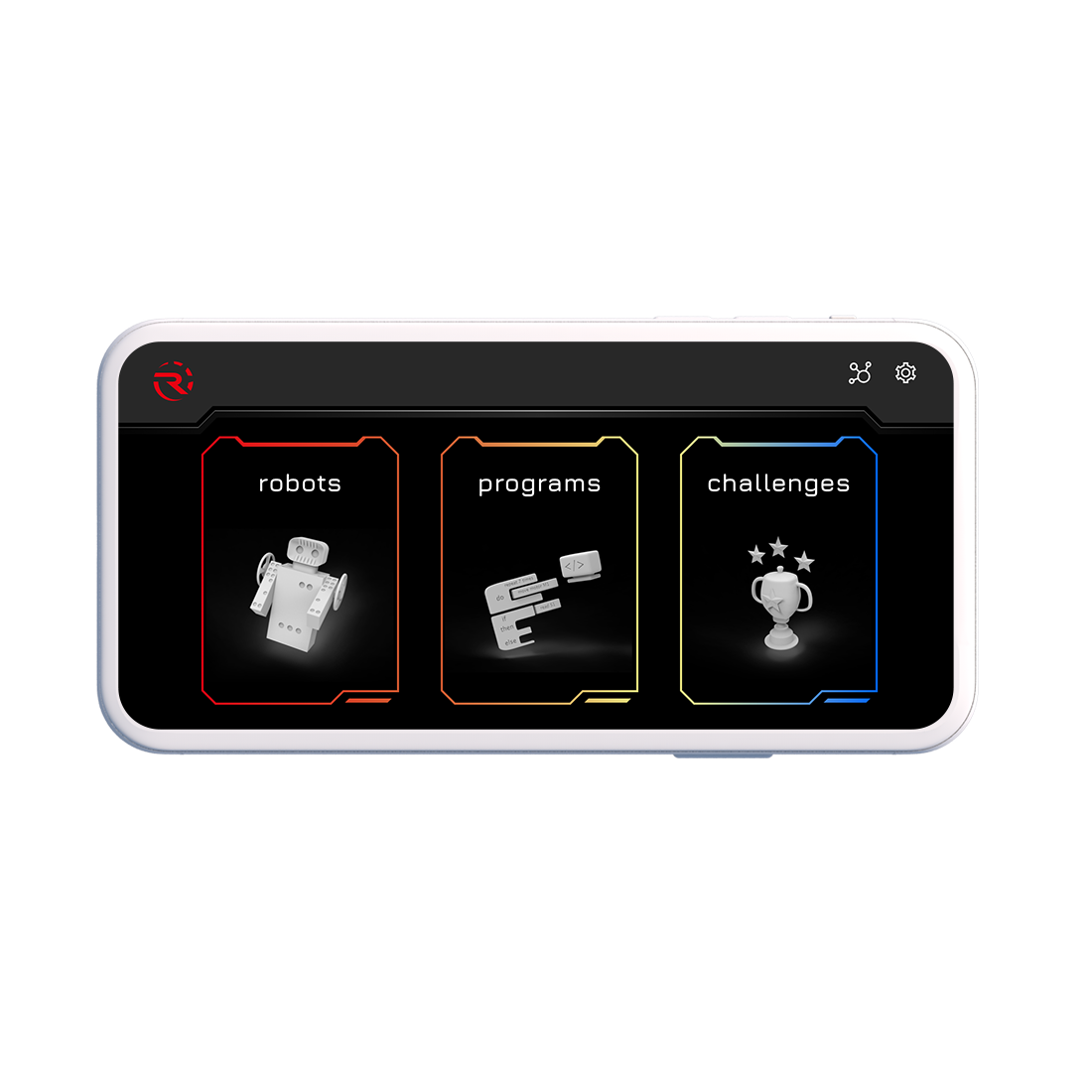
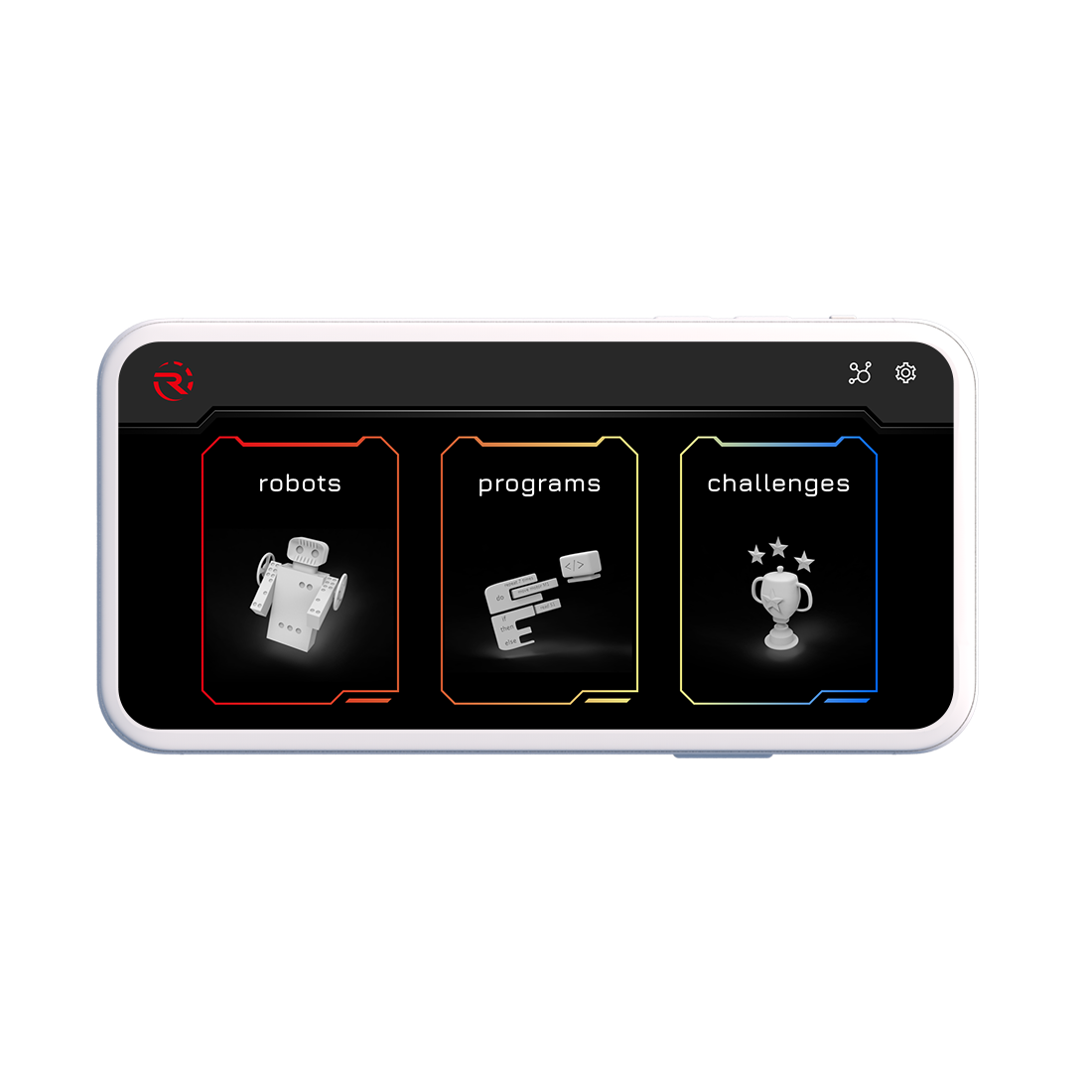


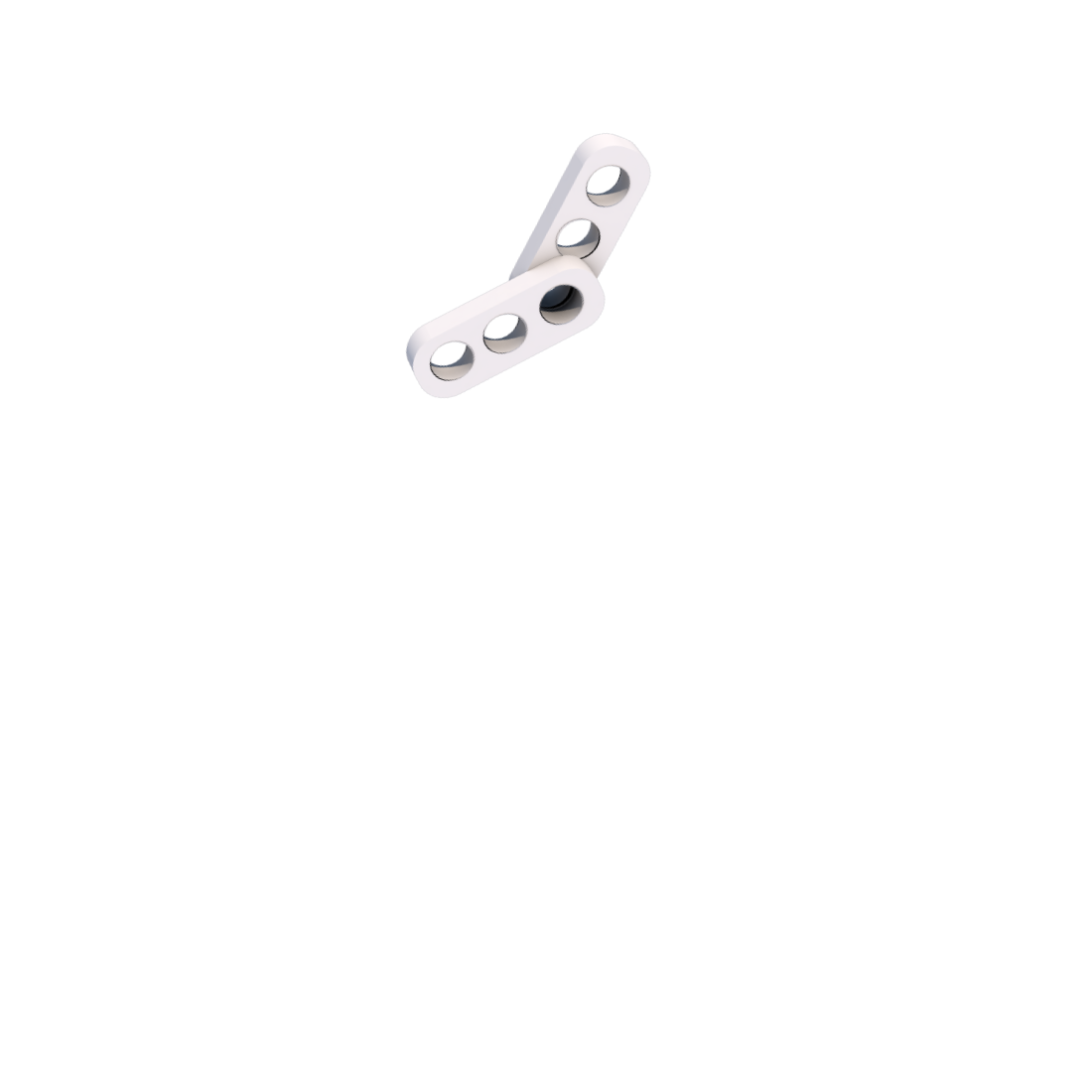
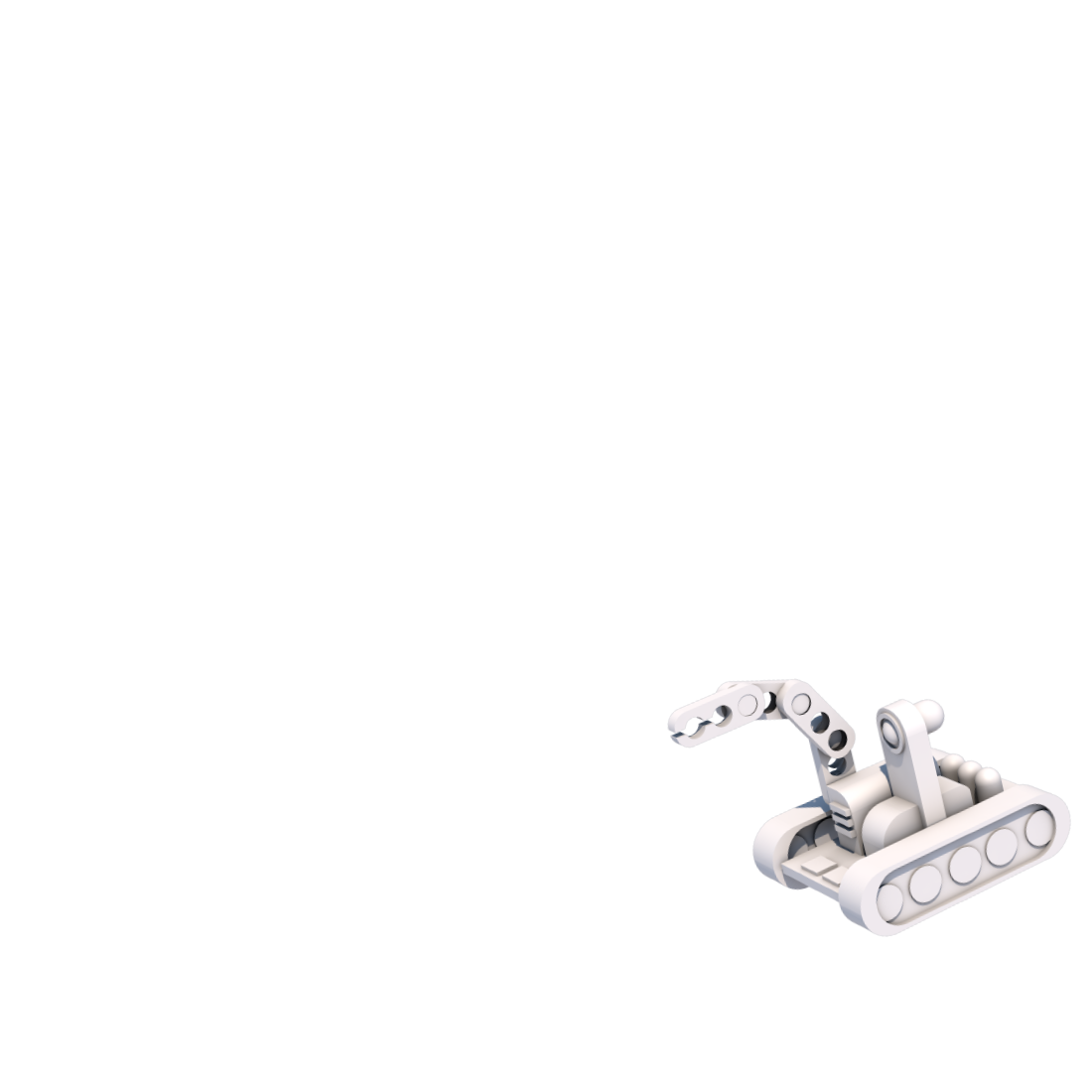

Revolution Robotics dreamt of using IoT to make educational robotics more accessible to kids all around the world. We designed and developed their application to guide them on this journey.






Our tech-driven world is constantly changing, which creates a very different work experience for future generations. To successfully advance their careers, more and more people will need to develop a skill-set centred around STEM fields, covering Science, Technology, Engineering and Mathematics.
The demand for STEM-related jobs is growing fast and this pace will continue to accelerate digitalisation penetrating every area of our life. While companies struggle to fill up the growing number of vacancies in the STEM field, minorities seem to be underrepresented in the sector. One challenge is to ensure every kid gets equal opportunities to acquire the necessary education to fill these new positions.
But who prepares our kids for such a change and makes sure that STEM education is accessible for everyone?
IoT-based robotic kits have the potential to tackle this challenge. The kit and the app prepares children for future work situations by providing a fun way to develop problem-solving skills, analytical thinking and introducing them to the basics of coding.
Unfortunately, the high cost of robotic kits to date has restricted access to these kits, making them difficult to obtain for families with lower disposable income.
The Revolution Robotics Foundation is a non-profit with a vision to make robotics, and thus STEM education, more inclusive and accessible to kids all around the world, regardless of their financial situation, location or gender. They see a future where technology doesn’t lead to isolation. On the contrary, their mission is to bring kids together by building up a community through local robotics challenges. These communities foster learning through fun.
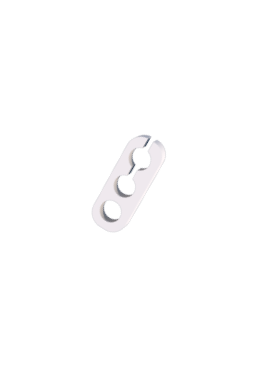
The RR robotic toy has two main parts: a highly customizable hardware component (the robot) and an app that controls the robot with the help of a mobile phone or a tablet.
When designing the app we knew that the software needed to comply with some special requirements to support the vision of the foundation. It had to:
Unlike other agencies I talked to, Supercharge’s team was full of people with the skillsets we needed—graphic designers, UI/UX specialists, front- and backend developers, and full-stack developers. While other agencies either focused on the interface or development, Supercharge had the resources to complete the entire project.
Jared Schrieber – President @ Revolution Robotics Foundation
Read the full review on Clutch.co
Revolution Robotics wanted to make their robot and app as “hackable” as possible to stimulate creative problem-solving in young brains. This means we had to create an endless array of possible combinations, stemming from several additional ports and sensors which can be attached to the robot. To ensure a smooth user experience when controlling and programming the robot, we decided to create a native mobile application.
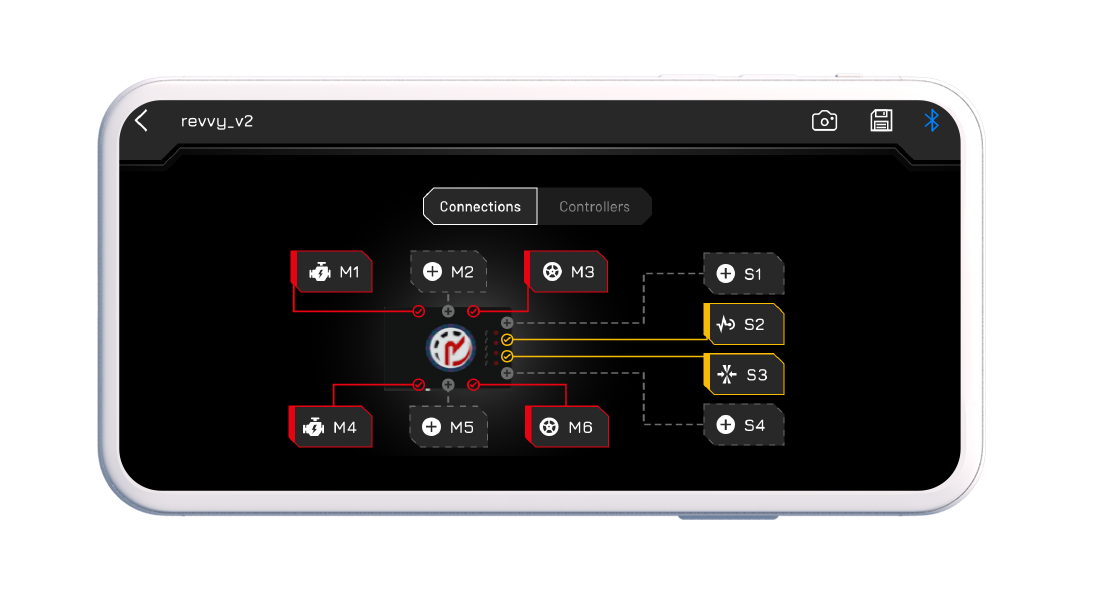
Revolution Robotics is all about discovery and in this spirit we made the app open-source, opening up even more opportunities for hacking and experimentation.
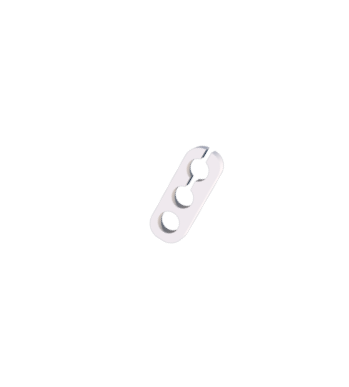
By offering an infinite number of customisation opportunities, the combination of the RR robotic toy and the app enables kids to get creative and expand their logical thinking in countless ways - either hacking at home or taking part in team challenges.

The most important goal was to ensure children can play with the robots regardless of their financial situation or geographical location, and the toy should not be fully dependent on fixed power sources and internet connections.
We made it extremely energy efficient by enabling the app to work offline and communicate with the toy through Bluetooth Low Energy (BLE) signals. Besides being energy efficient, the application is also designed to run on lower-end devices.
These careful optimisations ensured that children didn’t need the latest devices to learn through robotic toys.
Creating a user flow which is fun, intuitive and doesn’t let the children get lost in the app even when it comes to more advanced configuration of the robot seemed challenging at the beginning. Our decision to use universally understandable icons instead of written copy to make the app easy to use even for kids without advanced reading skills didn’t make our job easier either.
We solved the design challenge by relentlessly pursuing simplicity: clear shapes and forms, vivid colours and highlights to guide the children from one step to another without unnecessary text elements.
To make the app more visually exciting, we took inspiration from beloved cartoons and comics. The result provides an equally enjoyable experience regardless of the kids’ age or gender. We couldn’t have been happier after seeing the kids effortlessly interact with the app during usability testing.
Digital solutions at the intersection of digital and physical can fight serious social challenges of our future.
share this post on
share this post on